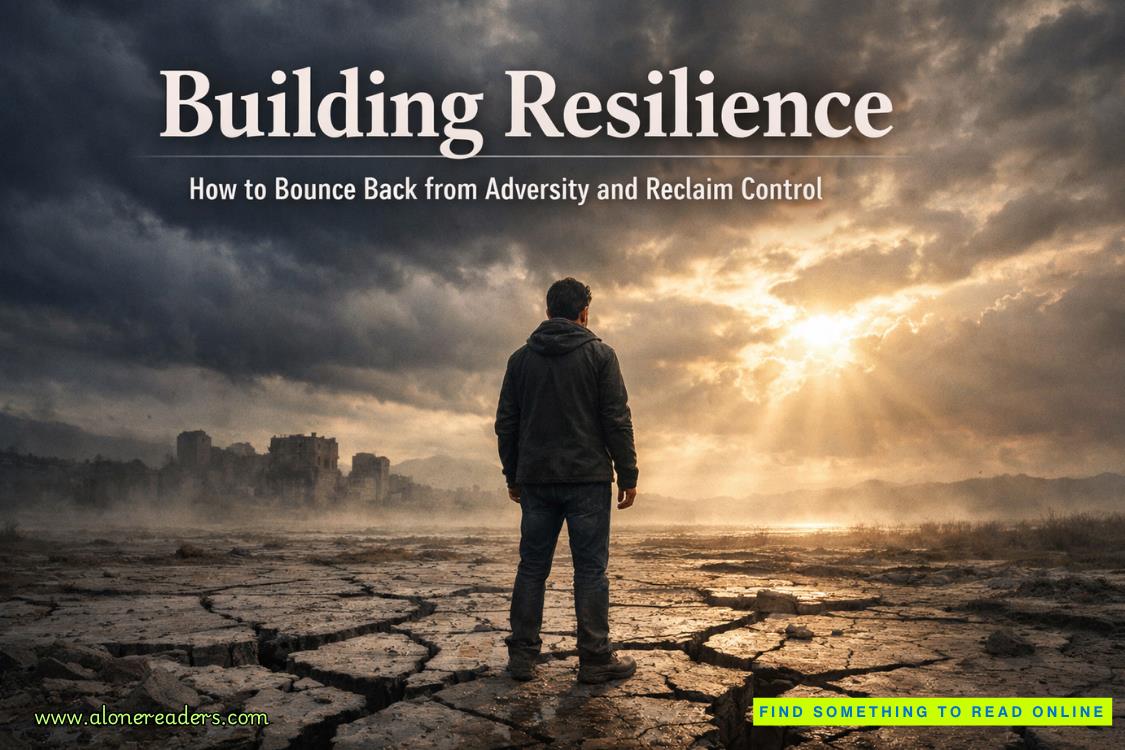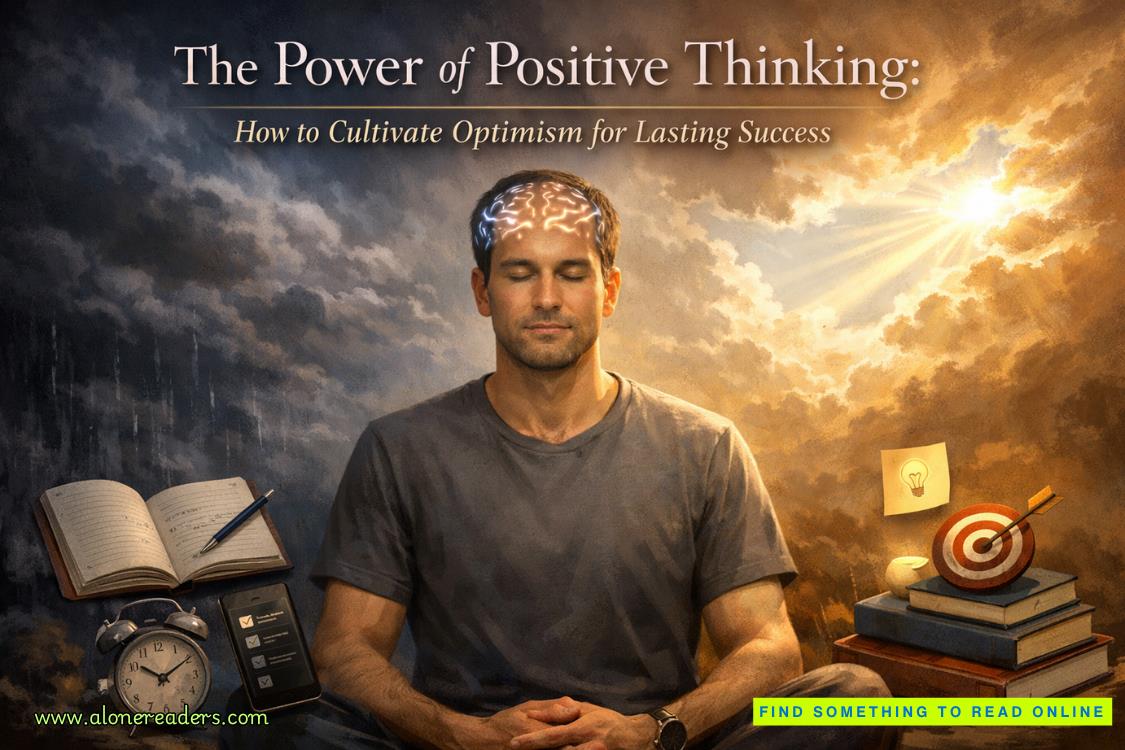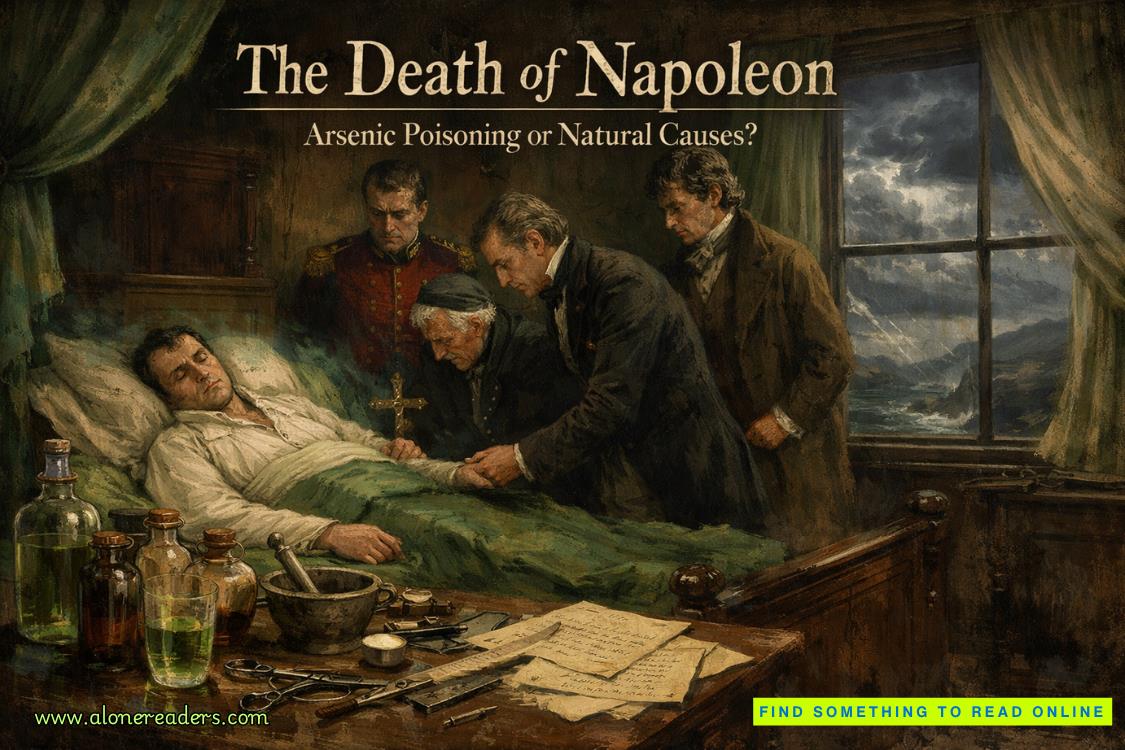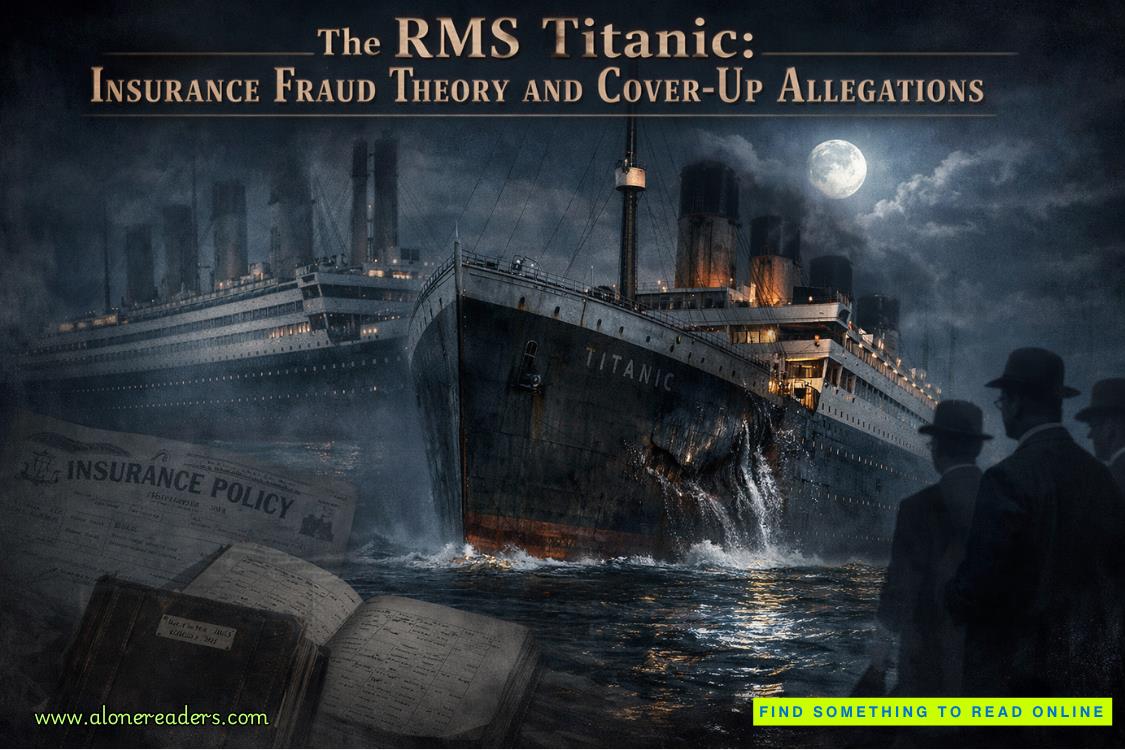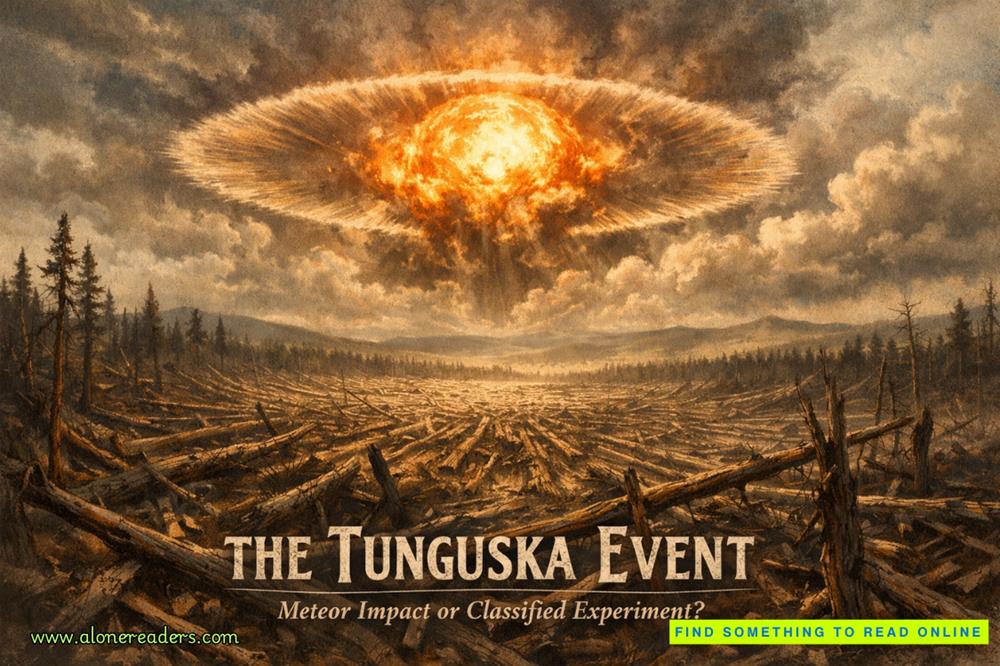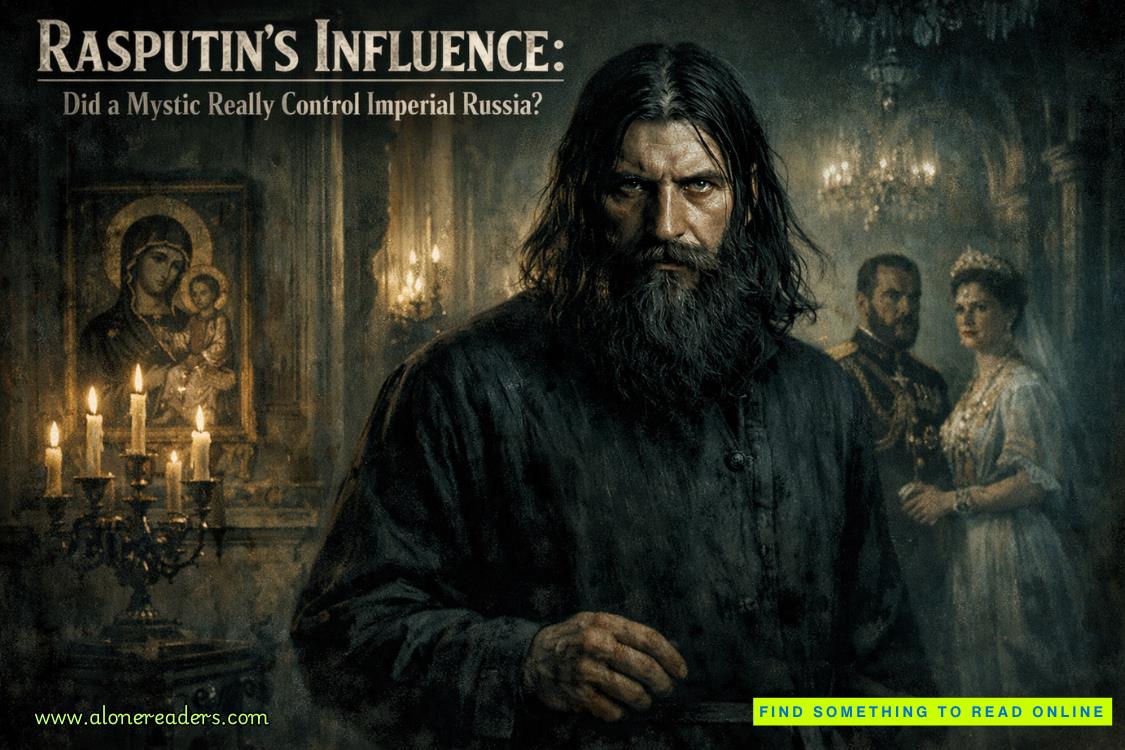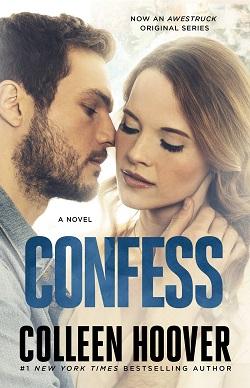I watched him, seeing the shift from athlete to tactical commander. It was the same transformation I'd witnessed at countless fire scenes, but this time it was personal.
Michael checked his phone. "Matt and Miles are standing by. Walsh has teams ready to mobilize."
Marcus nodded once, decision made. "Then we give him exactly what he wants. We show up, and I race as planned." His eyes met mine. "And this time, we're ready."
The photograph lay on the coffee table between us, its message both a threat and an invitation.
Chapter twenty
Marcus
Interstate 90 unspooled east through Washington's evergreen forests, four and a half hours of asphalt between us and whatever Raines had planned. We'd left Seattle before dawn, watching the city's towers fade into morning mist through the rearview. Now, the Cascade Mountains were hours behind us, replaced by the rolling hills and scattered pines of eastern Washington.
James sat beside me, his profile, like a masterfully carved statue, dark against the passenger window. He'd barely spoken since North Bend, but his presence filled my truck cab with an electric quiet. One empty coffee cup sat in the console, from that brief stop in Ellensburg where the morning wind had cut sharp enough to make us both hunch our shoulders.
Michael's headlights stayed fixed in my rearview mirror, far enough back to give space but close enough to react. My brother was playing tactical support, just like he'd done countless times on SWAT operations. The familiarity should have been comforting. Instead, anger boiled just beneath the surface. I could handle myself.
The Spokane River appeared and vanished between breaks in the hills, shining silver in the late morning sun. Another hour, maybe less, and we'd hit Coeur d'Alene. The lake would stretch out between pine-covered hills, where tomorrow, two thousand athletes would cut through water that right now probably lay mirror-smooth.
I adjusted my grip on the wheel, fingers finding the worn spots in the leather. The protein shake in my cup holder had gone warm, untouched. Food carried no interest for me. It belonged to people who weren't driving toward their own carefully orchestrated trial by fire.
James's phone cast a blue glow across his hands as he scrolled through something—probably case files or chemical analyses. He was always searching for patterns, even now. Finally, he set it down, and the screen went dark.
"You've been quiet," he observed.
I glanced over. "What's there to say?"
"Maybe that you're not invincible." The words weren't judgmental. It was a precise observation.
"Never claimed to be."
He turned with those analytical eyes, finding mine for a heartbeat before I focused back on the road. "Could've fooled me."
The steering wheel creaked under my grip. Words about fear and facing whatever fate had in store at the end of the drive threatened to spill out, but speaking them would make them real in a way I couldn't handle. Not yet.
So I drove, watching mile markers tick past while scattered clouds cast moving shadows across the highway. Behind us, Michael's headlights burned steady. Coeur d'Alene waited—a lakeside Idaho town of fifty thousand souls who had no idea they were about to host the final act of a madman's twisted vision.
Our destination materialized around us just past noon, a collection of brick storefronts and coffee shops. Sherman Avenue cut through downtown, lined with restaurants already setting up their sidewalk seating. Race banners fluttered between lampposts—"IRONMAN 70.3 COEUR D'ALENE" in stark black letters.
I pulled into the parking lot of the Resort City Inn, a two-story sprawl of beige stucco and dark green trim. It was nothing flashy, but it sat two blocks from the transition area and had a clear view of the street—tactical considerations that had factored into the choice more than the thread count of the sheets.
Michael parked three spaces down, positioning his car for a quick exit. I noted his clenched jaw as he climbed out, rolling his tense shoulders. He scanned the lot with practiced efficiency, registering vehicles and sight lines.
"Place looks quiet," he said, but his hand kept straying toward where his sidearm would usually rest.
The lobby smelled of industrial cleaner and fresh coffee. A rack of tourist brochures advertised lake cruises and hiking trails, while a hand-drawn sign announced "WELCOME ATHLETES!" in enthusiastic red marker. The desk clerk barely glanced up from her computer as she handed over our keys. We were early for check-in, but that was probably true of dozens of other triathletes.
"Room 214. Stairs near the parking lot are your best route. Checkout's at eleven."
Our footsteps echoed off the concrete as we climbed an outside staircase to the second floor. James followed close at my shoulder, his messenger bag stuffed with case files bumping against his hip.
The room was what I expected—two queens with faded bedspreads, a dresser that had seen better decades, and windows that overlooked the parking lot. A few specific detailscaught my eye: the fire escape accessible through the bathroom window, clear sight lines to both the street and the back entrance, and how the door's hinges had been recently oiled.
"Someone's been here," James said quietly, running his fingers along the windowsill. They came away with a fine gray powder—the kind left behind by certain accelerants.
Michael checked the bathroom, his movements smooth and practiced. "Clear, but the window's been tampered with. Lock's new."
I set my race bag on the bed furthest from the door, feeling the weight of everything it contained—gear, nutrition I would likely ignore, and timing chips. It held my costume for Raines's final performance.





